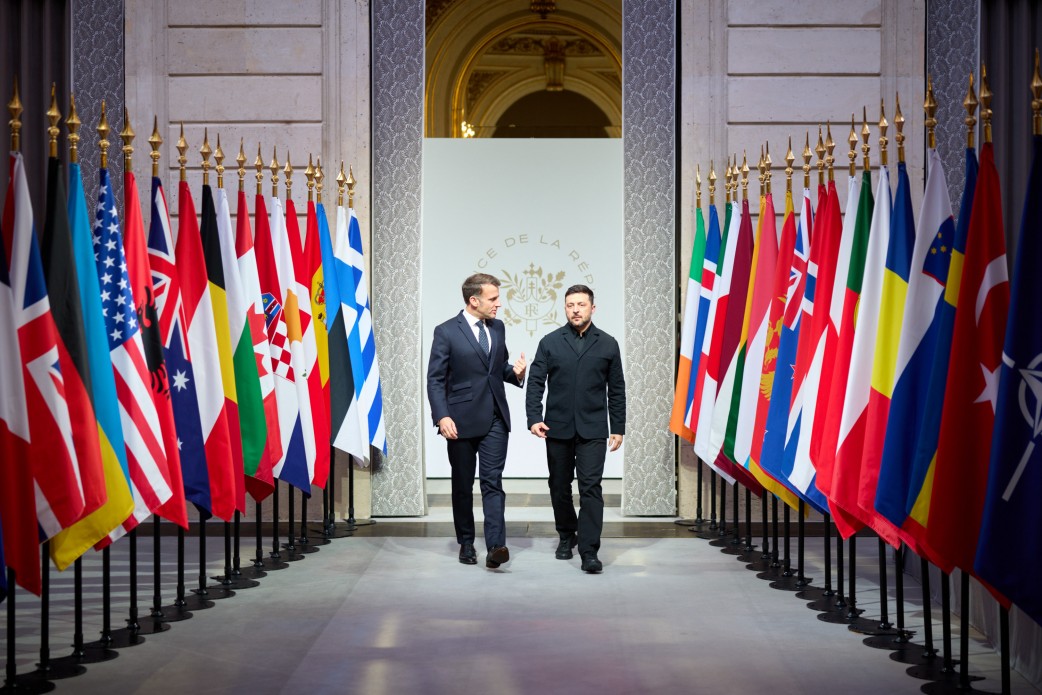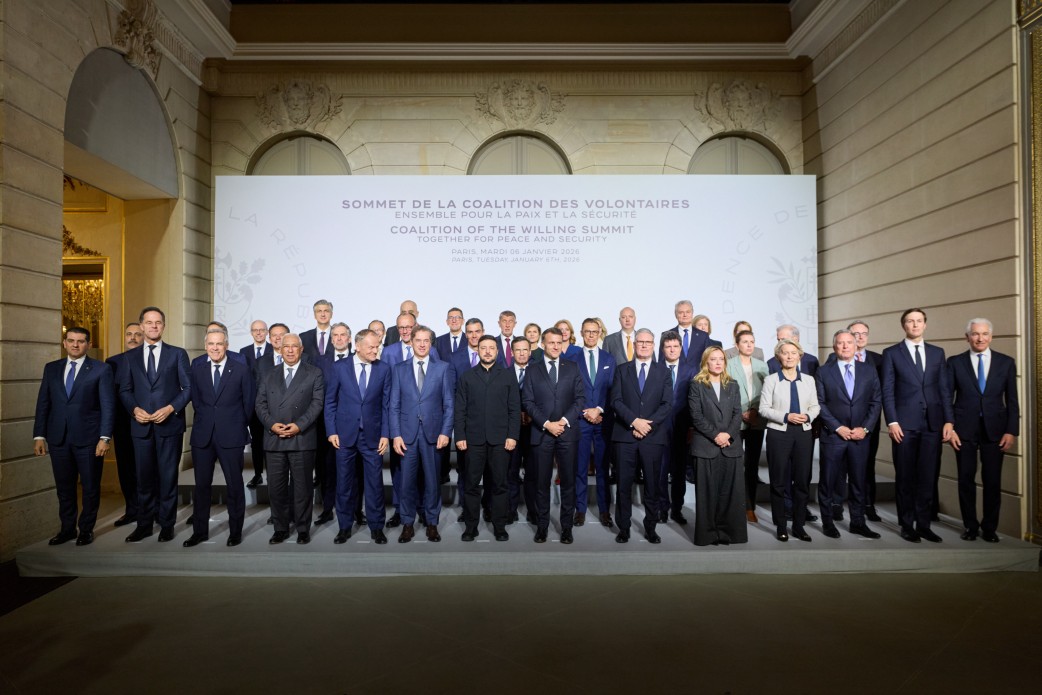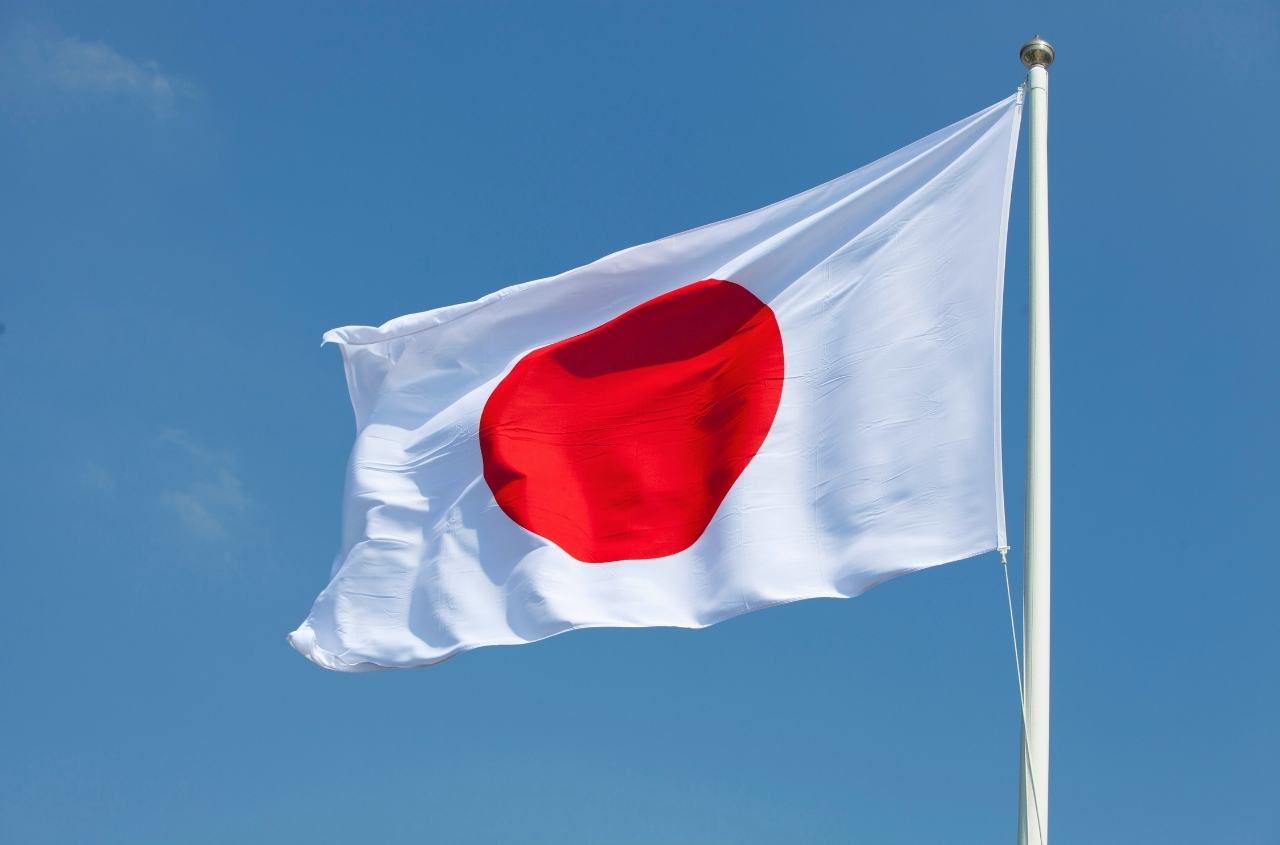Since the beginning of the full-scale war, the United Kingdom has imposed a zero tariff on all goods of Ukrainian origin. This has stimulated ice cream exports to the Kingdom: from 4 tons in 2022, shipments grew to 76 tons last year.
This was reported by Vitaliy Konatenko, Director of the Trade Agreements Department of the Ministry of Economy of Ukraine, during a presentation on market research and export requirements for dairy products to the United Arab Emirates and Uzbekistan.
“There has been an increase in ice cream exports to the UK from $17,000 to $335,000. However, overall, after the introduction of the zero tariff, there has not been a significant increase in Ukrainian goods,” he added.
A similar situation exists with Montenegro, where a zero tariff has been in effect since 2012, yet there is no export of dairy products. Canada has updated its free trade agreement, but volumes remain small, although there is growth in cheese exports. Following the agreement with North Macedonia, there has been some increase in milk and cream exports. Switzerland has agreed to establish a zero tariff on Ukrainian cheeses.
In the UAE, a 5% tariff is applied to Ukrainian dairy products, but since the free trade agreement came into force, a zero rate has been immediately set on 13 tariff lines, including cheeses and butter, which are currently the main export items to the Emirates.
“Agreements on significant liberalization do not automatically lead to an increase in the presence of Ukrainian products in a country’s market. Consumer preferences, market proximity, and technical regulations must also be taken into account,” explained Vitaliy Konatenko.
According to him, the European Union remains the most important export market for all Ukrainian goods.
From January to September 2025, the top five importers of Ukrainian milk and dairy products were:
- Moldova
- Poland
- Germany
- Bulgaria
- Kazakhstan
In terms of imports, Poland is the undisputed leader, along with other EU countries: Germany, the Netherlands, Italy, and France.



















